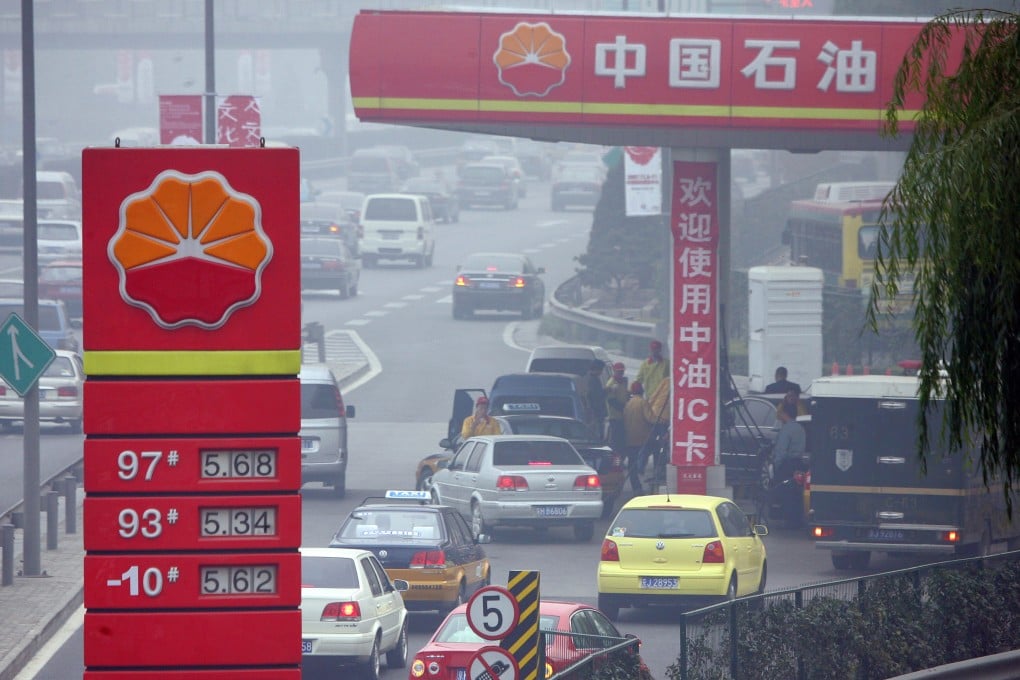Commodity financing probe extends to petrochemical imports
Investigation at Tianjin port highlights extentof the use of industrial materials in financing

Mainland petrochemical imports have become the latest commodity financing tool to come under investigation for possible fraud, highlighting the risks from the widespread use of raw materials as collateral to raise loans and skirt credit restrictions.

The use of commodities, from traditional copper sheets to perishables such as soybeans and rubber, to raise finance has been increasingly popular in recent years as mainland policymakers have sought to tamp down rapid credit growth. That has added to the build-up of credit in the so-called shadow banking system - trillions of yuan in non-bank lending that is seen by analysts as one of the key risks to the mainland economy - and also increased the potential for fraud.
The Tianjin case appears much smaller than one in Qingdao centred on metals, but illustrates the breadth of the use of industrial materials in financing.
A local unit of state-run PetroChina's trading arm Chinaoil paid more than 40 million yuan (HK$49.9 million) for about 4,000 tonnes of mixed aromatics stored at a tank in the city, according to a Chinaoil source and another trader who frequently does business with the firm.
But when Chinaoil, which is not suspected of any wrongdoing, went to take delivery of the cargo around mid-May it found it had been impounded by the authorities. The case, involving a private mainland fuel company and a trader suspected of contract fraud, is being investigated by the police, according to two police sources and traders.